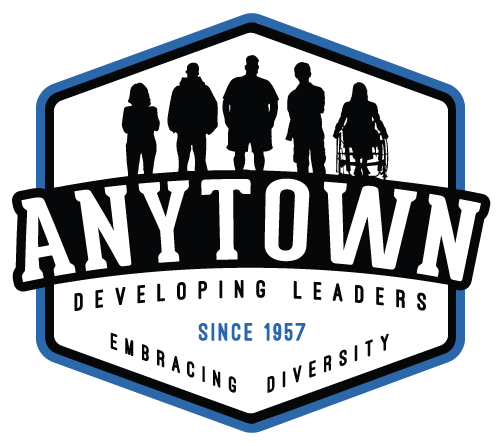Over these last few months, we have all had the shared experience of having our world changed by COVID-19. It has looked different for everyone, but that has been the baseline of our year.
In the United States, this has meant a rise in hostility against the Asian American community. I can only speak to my experience, which has been very little as:
- a white-passing half-Filipina and,
- as a person who has not left the house in months.
I have seen the growing reports of hate crimes against my community, I have seen my mother worry about how she looks when she goes out for groceries, I have seen those that I love suffer.
I know, in my life, that I have been very privileged. I have never been afraid to be Asian – yes, I have been targeted for it at school, yes, I have been ashamed of it among my white peers. It’s something that I grappled with accepting as a mixed-kid, and while I can easily say that I am proud now, there were times that I just wanted to be fully white. Still, I have been incredibly privileged in that I never felt I would be in physical danger because of my racial identity, and I have been even-more privileged in that I know I can often choose to be known and recognized as Asian – or not.
That was something that changed when the US’s mindset on Asians changed.
We are seen as a disease, now. And, for the first time in my life, when I went out with my parents to an Asian market for groceries, I was scared.

The physical mask I wore on my face took away the invisible one I had – my eyes were the only facial feature that could be seen, and my eyes do not look white. I felt I had lost my ability to pass as white, to cling to that privilege out of fear.
When I first got out of the car, I saw an older white man staring at me. It was not a nice stare. I may have been reading into the situation, I know, but his glare did not break. I felt like he was angry and, for the first time, I was afraid to be Asian.
Being afraid now has become familiar to me. I am afraid for my grandparents, both because of their appearance and their health, for my mother in the largely white community we live in, for my fellow Asian friends who are also discovering my newfound fear, even for the Asian-run restaurants that I grew up on that are losing business due to the racialization of a disease.
I’ve been in quarantine in my home since March 14th – I have left only once, to go get those groceries. Again, I am privileged in that I can stay home, that I can be comfortable, but it has been difficult because it has left me with only being able to see more and more hate against my community shared on social media and popping up on the news.
What is there to ask of my non-Asian friends? Do what you can to flatten the curve, do what you can to support Asian businesses, do what you can (smile, don’t stare) to make us feel at ease in public – I know many of us are incredibly scared to go somewhere as simple and essential as the supermarket.
Know that COVID-19 is not the “Chinese virus.” Do not blame the people for the government’s actions, wherever that may be. Listen when we talk, and see us as human, not just carriers of a disease. Talk to your friends and families about this too.
But now we have more members of the Asian community asking for unity, especially “#POCunity!” While that is very much a cause I would like to see, where is the support that we offer?
There was no “POC unity” in the Asian-American police officer that stood by and watched while George Floyd was murdered.
He is not an exception to our Asian American community, rather, he is the result of a community that has grown to love black culture but not the people, the result of our mindset of anti-blackness and colorism that is all too accepted and never talked about.
If we want the unity so many of us ask for, it is also our job to educate ourselves and address our own issues first. I know I cannot speak for all of us, and I know that there are other voices that deserve to be heard – so listen, educate, and speak out yourself. It’s difficult, but talk to your families as well. We are not the model minority they want us to be – we should never accept that role when it hurts not only us, but other minorities that have fought for all POC time and time again.
It is our duty to resolve to be better, no matter our identity, and maybe then we can achieve the solidarity we ask for.

Brynn Kramer
Pinnacle High School
Anytown Alumni Class of 2019
